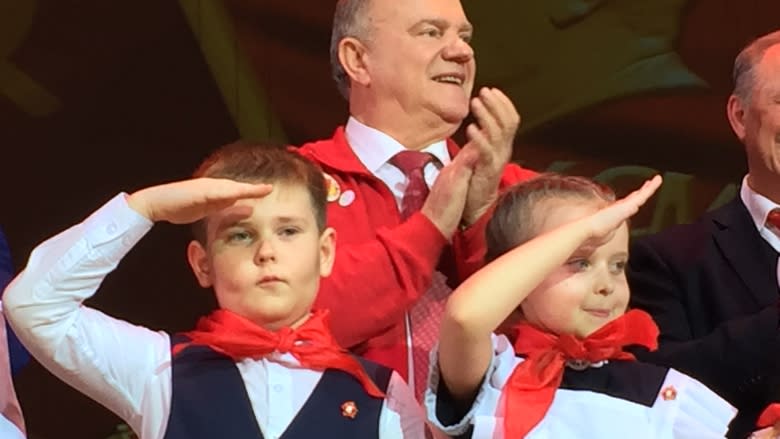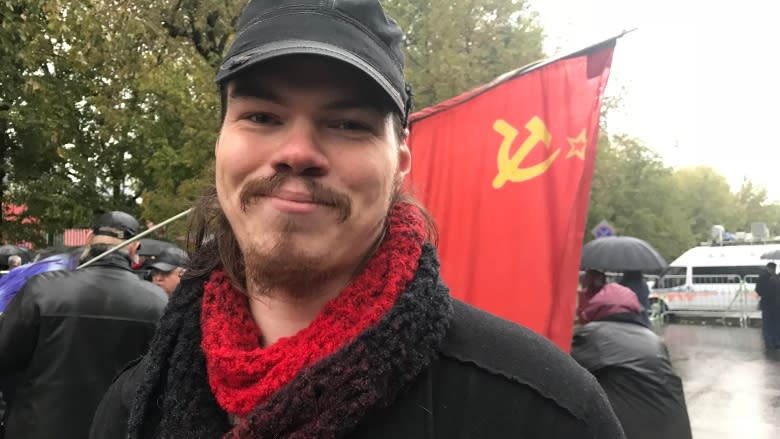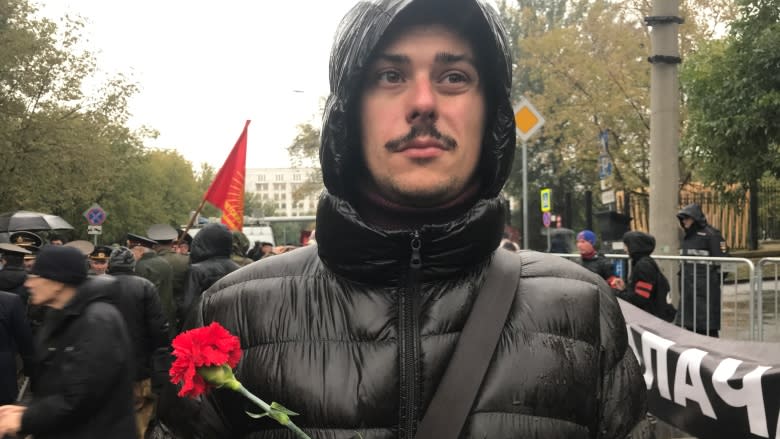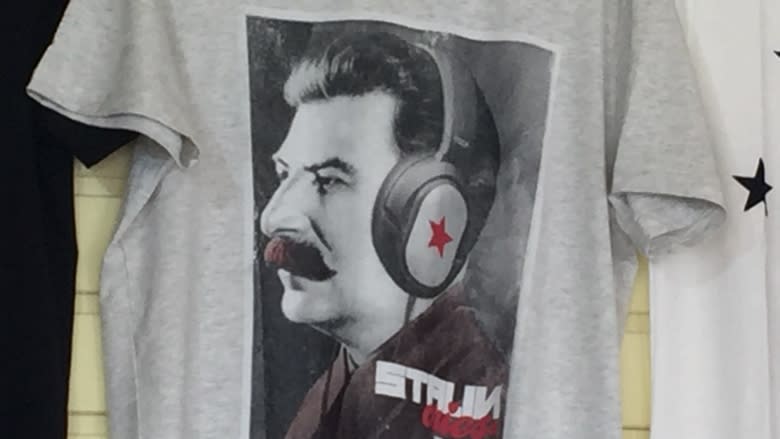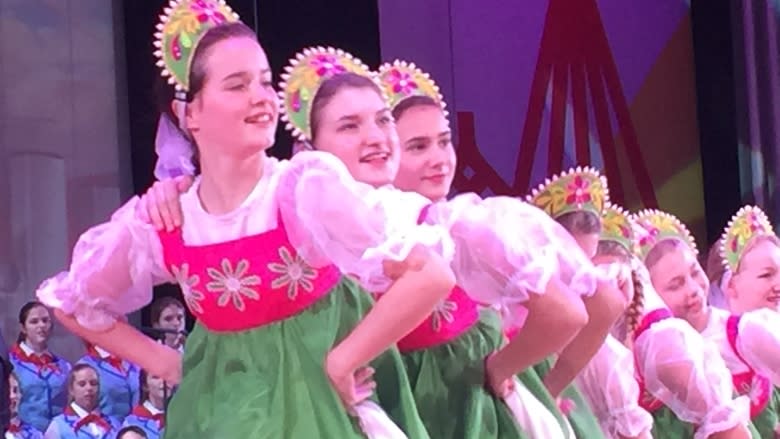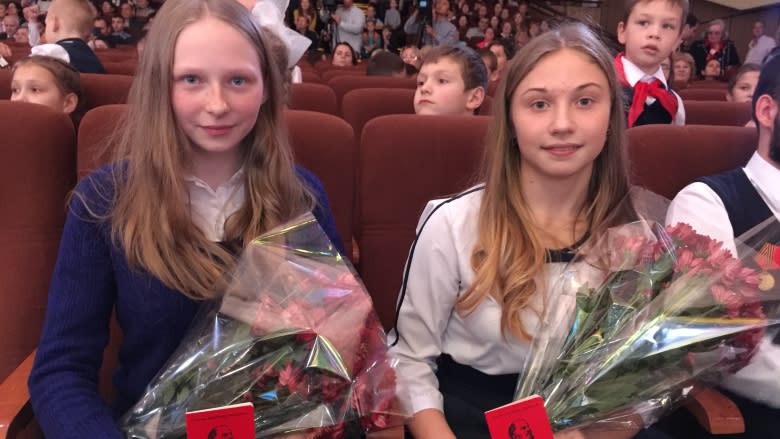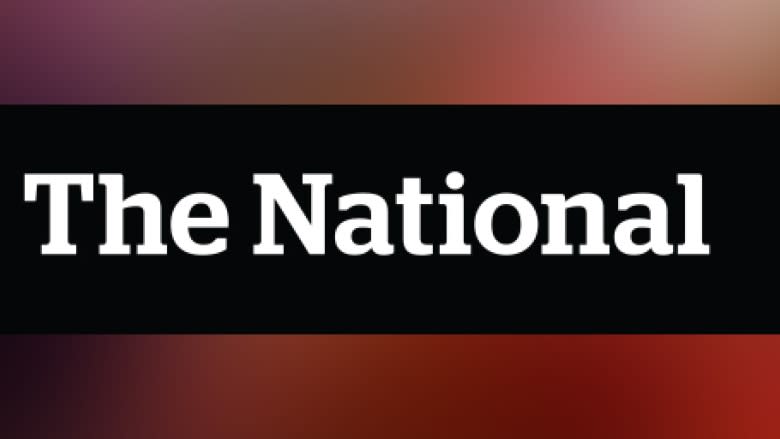On centenary of Russian Revolution, young communists see value in old ideology
On the 100th anniversary of the Bolshevik Revolution, its father, Vladimir Lenin, would find that Muscovites have done an effective job at wiping away traces of the long communist era from their city — other than his own tomb in Red Square, of course.
Brutalist, austere buildings still abound, but their oppressive grey colours have been brightened up by colourful pastels. Mega-malls filled with European chain stores now clutter the suburbs. And in Moscow's many trendy neighbourhoods, wine bars, gastro pubs and an abundance of coffee shops serve as testimonials to the consumer clout of Russia's hipster generation.
With Lenin and his Communist Party successors inextricably linked to food shortages, repression and millions of deaths, government-sanctioned celebrations of the revolution's anniversary have been kept low key.
Hoping for a resurgent communist movement
So, it's perhaps surprising that 23-year-old Danill Zemlyanoy feels as passionately as he does that Russia's Communist Party could again become the dominant political force in Russia.
The Communist Party's influence in leadership of Russia is much reduced, but that hasn't dimmed hopes among some Russians, including young ones, that the old ideology could rise to the challenge of solving many problems of the poor and working class.
"I want to say that communism has a bright future," he told CBC News as he participated in a recent Moscow march that paid tribute to heroes of the communist past.
"Of course, we feel a connection to that (the 1917 Revolution)," he said. "The turning point of the entire 20th century was the 1917 Revolution — something that has brought the world equal rights, women's right to vote, a set working day and has created a social government that we know today.
"We still want the same things."
Zemlyanoy is second deputy of Moscow's local Communist Party, which he says has about 12,000 members across the city.
New mission for communism
He says that while issues of labour and human rights that were prominent during the 1917 Revolution still resonate, the political context has changed, and the Communist Party is trying to fulfill a new mission: rooting out state corruption, fighting to diminish the power of oligarchs and to improve living standards for a huge class of working poor.
"Today, when 50 per cent of Russia's wealth belongs to one per cent of the population, we can't even think about equal opportunity," he said.
His friend, Ivan Misorov, a 22-year-old history student at Moscow's state university, puts it even more bluntly:
"We have one of the worst sorts of capitalism. The Russian oligarchy is just a disaster. All the words about democracy after the Soviet Union is totally a lie, and now, Russia is far less free than back in the U.S.S.R.," he said, while walking in the memorial march, holding up a rose in remembrance for those who lost their lives.
A study last year from the independent Levada Institute suggested a lot of other Russians believe that, too. In a survey, the institute reported that more than half of respondents believe the collapse of the Soviet Union was a bad thing and they would welcome a restoration of the socialist system.
Split personality
Still, Russia's Communist Party is clearly wrestling with something of a split personality, loosely divided along generational lines.
Whereas younger members are attempting to steer communism to a more cosmopolitan, hip look — witness the souvenir T-shirts featuring a headphone-wearing Stalin grooving to tunes — in Russia's parliament, the Duma, it's the old guard that holds court.
Gennady Zyuganov, 73, has been the party's leader for the past 25 years and, though his electoral support has fallen since 1996, he appears set to lead the Communists in the next election in March 2018.
While the Communists can lay claim to a solid base of older supporters and hold the title as second-largest party in the Duma, with 42 seats, Zyuganov's deputies are still vastly outnumbered by those representing Vladimir Putin's United Russia Party.
Nor is Zyuganov especially tough on Putin.
For example, his party is a boisterous supporter of Russia's 2014 annexation of Crimea, even though most of the world sees it as illegal.
Patriotic folk songs to lure youth
The two sides of communism were on display recently at a celebration honouring the 99th anniversary of the party's youth wing, the Komsomol.
The whole event had a nostalgic feel, with traditional Soviet salutes and patriotic folk songs performed against a huge projection of Lenin's face and a black and white movie reel featuring footage of factory workers on the job.
Zyuganov was a guest speaker and was given a standing ovation by an auditorium full of parents and grandparents who'd steered their children into the Komsomol.
"We are all looking confidently into the future," he told the crowd. "And the future is happy children and young, talented people who will continue further with the Komsomol, the Pioneers, the October Revolution." (The Pioneers is the introductory level program for pre-teen communists.)
The party claims the Komsomol's 20,000 members make it the largest "opposition youth group" in the country. In the past, youth would spend their summers involved in ventures such as community improvement projects.
Between 1918 and 1991, most Soviet children were expected to join, as it was part of the path to full Communist Party membership and beyond that, getting ahead in Russian society.
Young recruits ready to join
Among those receiving their investitures into the youth movement at the celebration was Anastasia Vasikova, 14.
Even though the communist system had been dead for over a decade before she was born, she attempted to explain why she was about to dedicate her life to it.
"You have the average citizen, living their life of freedom. Then some kind of problem arises, and they don't know where to turn. That is why Komsomol exists," she offered.
Her friend, Ksenya Morozova, also 14, added: "It means helping all those around you, so that it's easier for them to get through life."
But however modern or progressive their socialist thoughts are, Russia's communists face daunting electoral math if they hope to make an impact politically.
Navalny leading huge protests against Putin
Zemlyanoy, the Communist protest organizer, acknowledges Russia's anti-Putin "left" is deeply divided.
"It's a very large ideology. The question is, what role will the Communist Party play," he said.
Many critics of Putin, especially young people, see supporting anti-corruption crusader Alexei Navalny, leader of the Progress Party, as a far more useful and effective way to register their displeasure with Putin's regime.
Navalny's rallies have drawn thousands in cities across Russia and spooked the Kremlin to the point that he's been arrested multiple times already this year.
Still, for Russian communists, 100 years after Lenin's Revolution shook the world, one consistency remains — they continue to repeat the mantra that it wasn't the ideology that failed but the people who later implemented and distorted it.
History student Misorov says he isn't sure how long it will take, but he says he believes the Communist Party's time will come again, though certainly not in the upcoming March 2018 election.
"The Soviet Union is not only the past but the future of Russia," he says.
"I think we should fight for the future of our dream."

